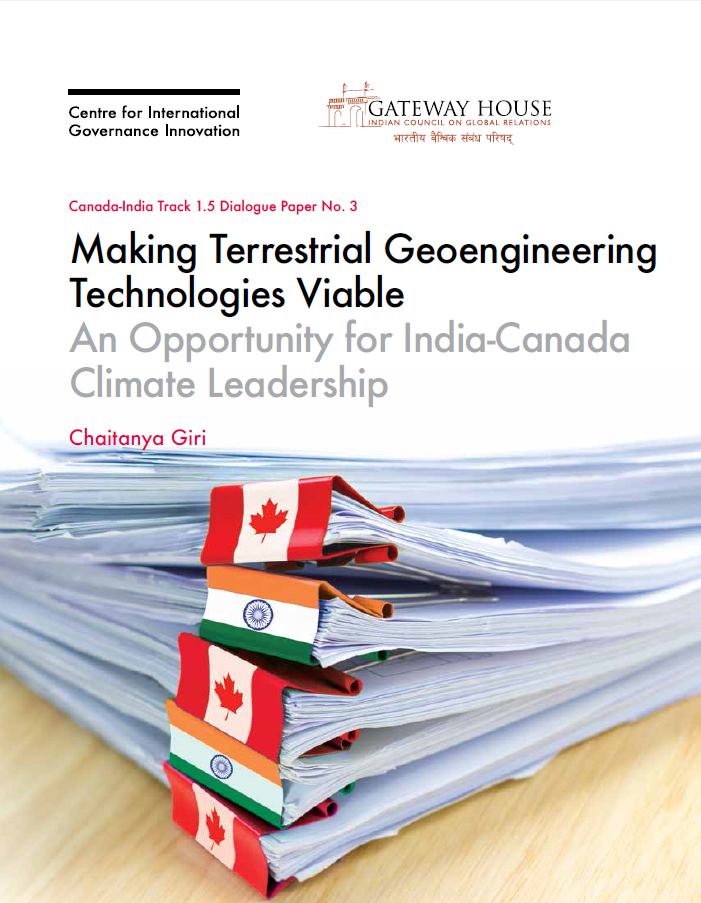A critique of India’s Draft National e-Commerce Policy
The Draft Policy, issued by the Department for Promotion of Industry and Internal Trade in February, is a welcome step for India and globally, but its all-inclusive definition of a fast, click-and-buy world requires some refining: is it intended to be an internet policy or a specific e-Commerce policy?




